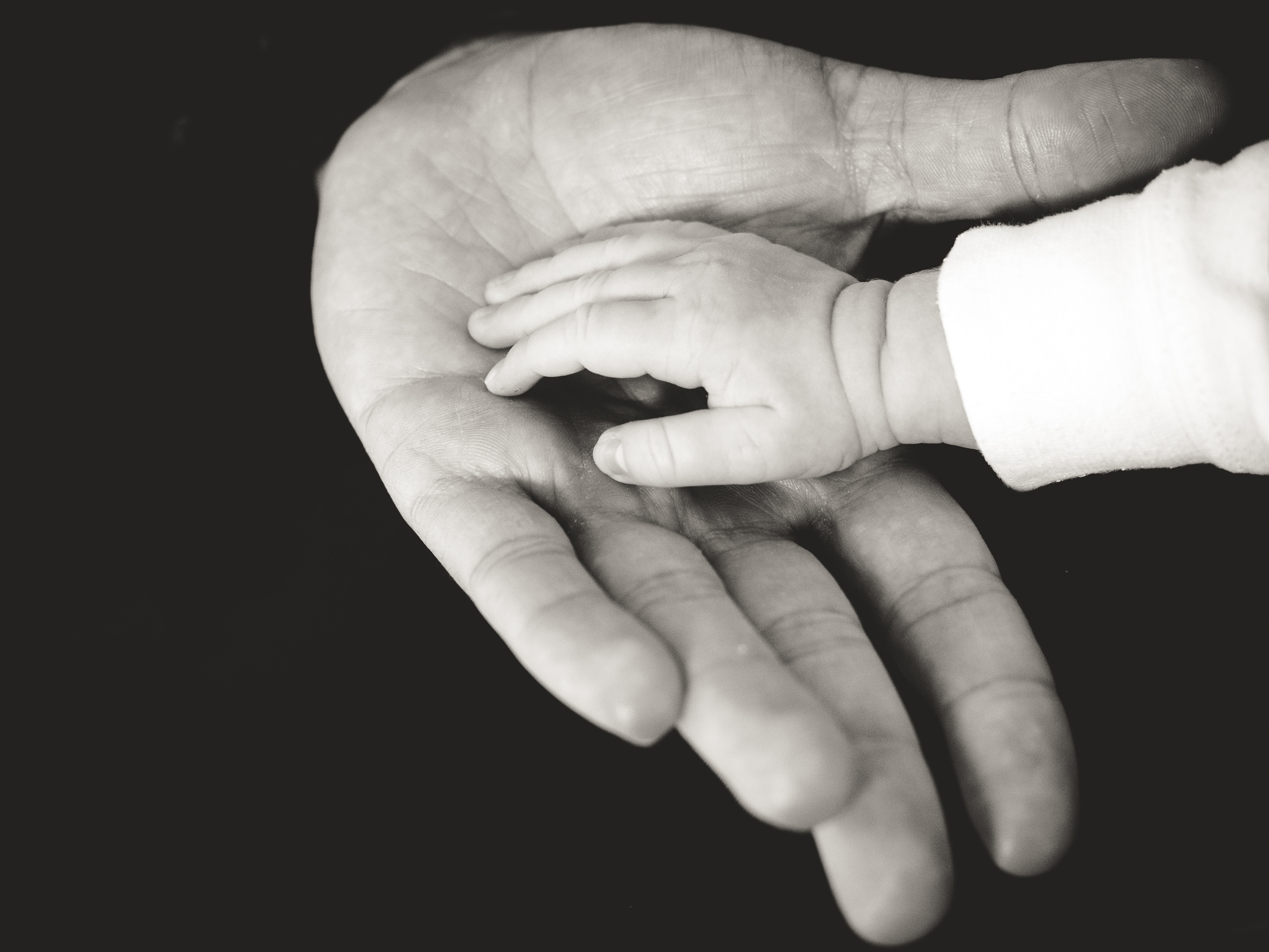The Church should ________
– Assist the poor. It’s should be our job, not that of the government.
– Take care of victims of abuse. We can do better than a secular social service agency will.
– Fight the darkness and anti-Christian orientation of our culture. We need to return to our Judeo-Christian roots.
– Stand for the unborn. Abortion is wrong, and we must contend for life.
I hear Christians who identify as social and economic conservatives making these kinds of statements in response to what they view as over-reach by government. With the passage this week of the “no exceptions even for rape or incest” anti-abortion law in Alabama (and similar laws being moved through legislatures in Ohio and Georgia, as well as recent laws on the other end of the spectrum in New York and Virginia) a woman named @TuttleSinger posed this question on Twitter: “Dear Pro-life friends: What have you *personally* done to support lower income single mothers? I’ll wait:” To date, there have been over 11,000 responses to her query. A quick skim of the thread reveals everything from paying for car repairs to helping to raise a single mom’s child to paying for lunch tabs at under-resourced city schools with high percentages of students being raised by single parents.
While these heartwarming personal responses give lie to to the pro-choice talking point that pro-lifers only care about babies while they’re in utero, the discussion points to a larger, on-going debate about what role and responsibility the Church has in public life. I appreciated Kelly Rosati’s thoughtful response at CT in the wake of the Alabama law, but I had a moment of pause when I read these words:
The changes necessary must be systemic. We need to re-think the way we “do” ministry as churches. We need to be willing to embrace young moms, invite them in, and then be prepared to walk with them every step of the way. Any parent will tell you that raising a child over a period of 18 years is daunting. But what if you’re facing that prospect as a young girl who hasn’t even graduated from high school yet? It’s not surprising why so many young women choose abortion. It’s not surprising that they feel like they have no other options.
To respond to Rosati’s charge to re-think the way we do ministry will mean doing far more than adding a program or a line item in the congregational budget. It will mean dismantling some of our comfy structures, and do we really want to do that? it’s been 46 years since Roe v. Wade legalized abortion in all 50 states. We’ve had an entire generation to figure out how to minister to single moms, dads, and their children. The last 46 years are a pretty accurate self-report about how much we in the Church can…and can’t…do.
Yet as many of those responses to @TuttleSinger show, many people and some congregations do step up in love and without fanfare. Other congregations engage in grand acts of generosity like this one that can alleviate social and economic suffering for an entire community. There is much to celebrate in each act of generosity and care, large or small.
But to be honest, these good works sometimes feel like drops in a sieve-like bucket. Systemic, generational, and cultural issues are far bigger than any individual, congregation, or denomination can realistically address. Many of us feel powerless in the face of these forces. As a result, there are times when the words “the Church should ____” are used to signal distrust of the government while casting aspersions on fellow believers – other people! – who just aren’t doing enough to fix things. This kind of hand-wringing faux idealism becomes a substitute for meaningful engagement on both the structural and personal level.
I had a friend who was an external processor when it came to ideas for activities: “We should go try that new restaurant,” she’d say. “We should go to the beach. We should watch this movie. We should take a road trip.” For a long time, I mistook her “shoulds” as commitments to get dates on the calendar. Eventually I learned that most of those “shoulds” were nothing more than chatter. While I understood the word “should” meant a call to concrete action, she used it as a way to denote a brainstormed idea. I learned my friend felt like something great was going on just because she mentioned it. Her good intentions registered in her mind as if the fun activities she was always “shoulding” were already happening.
I’ve probably said “The Church should _____” in a few heated conversations I’ve had around social issues over the years. I recognize now they are hollow words that give the illusion of action, but are nothing more than virtue-signaling, and I repent of them. This kind of “should” is a warped perfectionism that hampers us from seeing clearly what is. If we did, our church structures and our individual lives might look a little different than they do right now.
The government can’t change the human heart. And neither will “should”.
But he’s already made it plain how to live, what to do,
what God is looking for in men and women.
It’s quite simple: Do what is fair and just to your neighbor,
be compassionate and loyal in your love,
And don’t take yourself too seriously—
take God seriously. (Micah 6:8 MSG)
Cover photo by Liane Metzler on Unsplash


